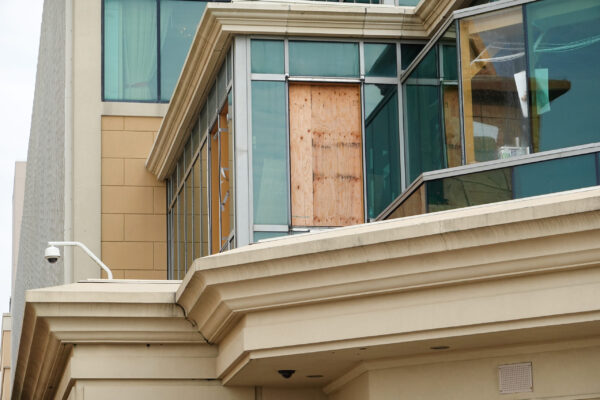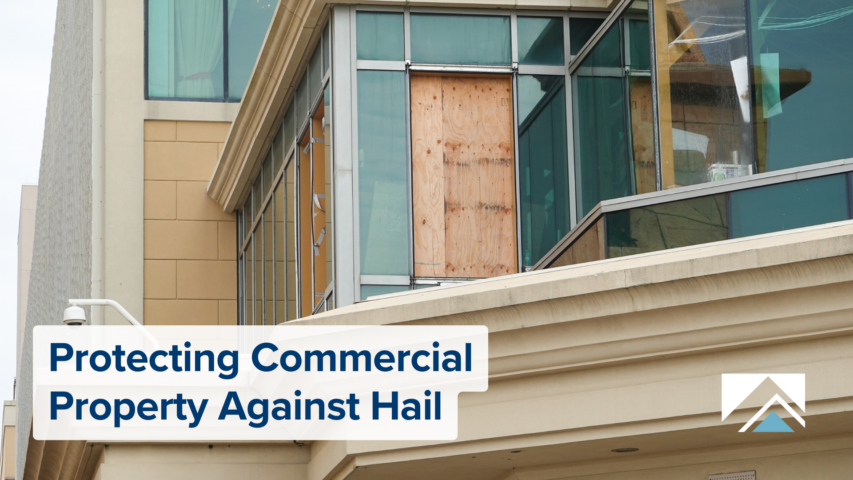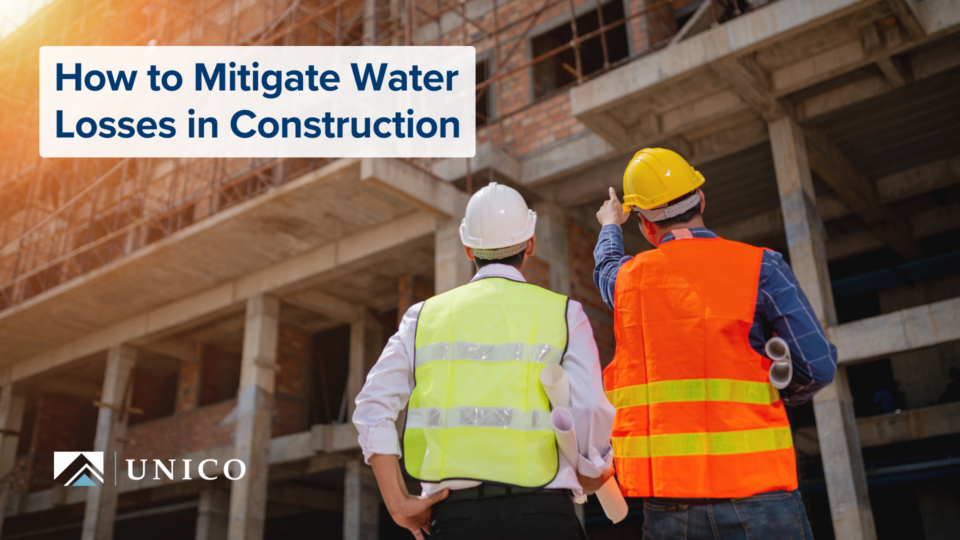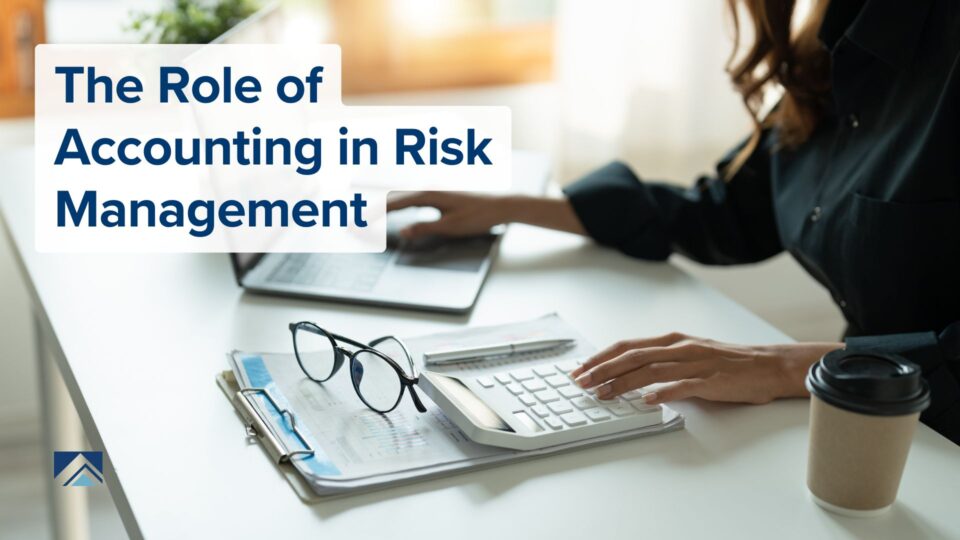Hailstorms can be swift and destructive, damaging buildings, outdoor equipment and vehicles in a matter of minutes. For commercial property owners, such damage can result in destroyed property, costly repairs, business disruptions and lost revenue.
It’s important to understand the risks that hail poses to commercial properties and take preventative measures to protect buildings from hail damage.

Potential Risks
Data analytics firm Verisk’s 2021 Hail Hazard and Its Impact on Property Insurance report found that 6.2 million properties in the United States experienced one or more damaging hail events in 2020, resulting in almost $14.2 billion in losses. Businesses located in areas that experience hailstorms may be susceptible to severe damage to equipment and components.
- Roofs
- Windows
- Rooftop heating, ventilation, and air conditioning equipment
- Cooling towers
- Exposed glass and plastic components of outdoor equipment
- Vehicles
Repairing a building damaged by hail can cost a lot of time and money. Severe building damage can even result in business disruptions – such as shutdowns or limited operations – that lead to a loss of revenue or harm a business’s reputation among stakeholders and customers.
Preventative Measures
Conduct regular roof inspections
- Replace any worn or weak areas, as their condition may be worse from a hailstorm.
- Install “severe hail” or Class 4″ impact-resistant roof materials to limit the amount of damage done by hail.
Utilize rooftop equipment and protections designed to withstand hail
- Install hail guards, shields and wire mesh to keep rooftop equipment safeguarded from hail.
Install windows with impact-resistant glass
- Protect windows by using impact-resistant glass, which is less likely to shatter than regular glass.
Watch the weather
- Be aware of the local forecast so valuables and equipment can be moved to safe locations before severe weather hits.
Be Proactive
By taking the time to implement preventative measures, commercial property owners can reduce the impact of hailstorms on their buildings. For more information, contact us today.




